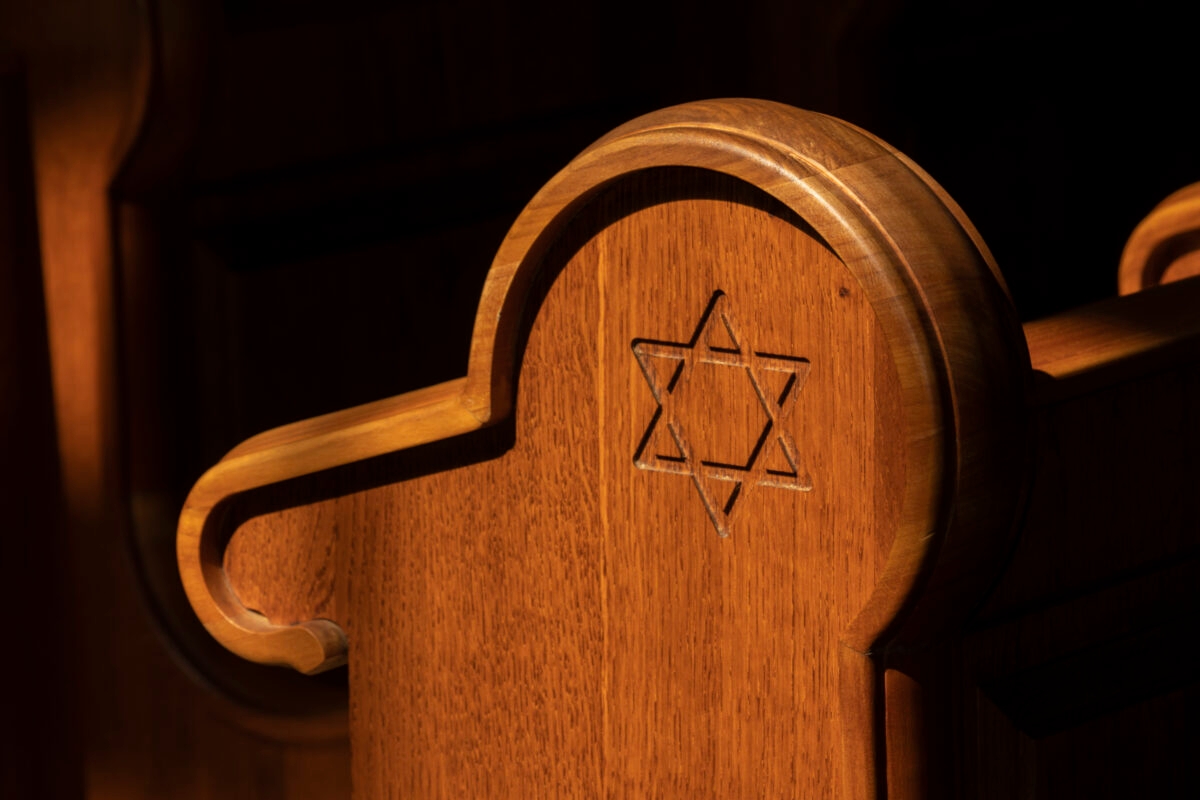I love what I do. I’m an Orthodox rabbi and mohel, and have been for more than a decade now. That means I’ve dedicated my life’s work to traditional values, and to bringing Jewish babies into the covenant. I’ve been blessed to work with families from all walks of life. Much of my work is done here in Israel, but I’ve also been called to work in far-flung places such as Bulgaria, Croatia and even St. Petersburg.
Many times, I work with parents who are much to my religious left. I try to do everything I can to not stand in the way of what they want. Although not in line with the traditional roles at a Brit Milah ceremony, women have often served as the Sandakit (the person who holds the baby during the bris) and as the person bestowing the newborn baby his name.
Prior to such events, parents have asked if it’s permissible to make these changes. I always respond the same way: “That depends on who will be present at the event. If there are close family members who will be insulted by these changes, you may want to take that into consideration.”
The result has been conversations leading to what I hope has been a comfortable atmosphere for all who attend. It’s not an exact science, but I’ve never heard of people protesting the occasion because of any alterations made under my auspices.
But that’s not the case in all situations. According to a Kveller article by Lynn Levy, entitled “I Won’t Bring My Kids to a Jewish Service Separated by Gender. Here’s Why,” some people refuse to attend events that make them feel religiously uncomfortable. Levy would not bring her children to a family brit milah at a Chabad house because of the community’s practice of separate seating. She refuses to do so because it enforces a patriarchal system, which teaches the children that women are not welcome. The practice of separate seating was likened to an Evangelical sermon discussing homosexuality as a sin; she would never bring her children to such a sermon, so why would she bring them to this bris?
I can empathize with the author’s general discomfort. I was raised in the Conservative movement in Philadelphia and I sometimes question my decision to become a member of the Orthodox community. I fear that my values are tacitly teaching my daughters the same kind of lessons. I would never want them to think they were unwelcome or second-class citizens. It is a constant battle to make sure they know they are not only welcome, but valued community members. But that’s not what this article is really about.
This article, as with all things in life, is about prioritizing values, and the author’s priorities seem to be slightly skewed. Everyone has the ability and responsibility to choose a community that reflects their values. And this is of ultimate importance when creating a religious home. But no one was asking the author to make the Chabad her synagogue. She was asked to attend a family simcha for a few hours. The takeaway her children would have gotten from this act would not have been that anyone was unwelcome, but rather they would have learned the value of family.
Over the years, my wife and I, along with our children, have attended many smachot [celebrations] at synagogues we would never choose as our own. Our commitment to separate seated prayer would never keep us from these events. In fact, I see these as teaching opportunities. They are a chance to explain how multifaceted and wonderful the Jewish community is as a whole, and how even though people have different practices, we love them no less.
What’s disturbing is that, due to her actions, Levy is making an ultimatum – everyone must practice Judaism as I do. But that’s not the case at all. To truly be pluralistic, we must accept all forms of Judaism even though they’re not our own. That means attending smachot, even if they make us uncomfortable.
It’s unclear to me why the Chabad required a separation of men and women at a brit milah. This is not the custom in Israel, and I’ve been the mohel in some black hat communities. But the question isn’t what should the Chabad do in this instance, but rather what Levy should have done.
I, for one, demand equal compromise. Just as I hope the more traditional attendees will “put up” with the alterations at events I oversee, I hope the more liberal attendees do the same when at Orthodox events. Clearly, these differences in practice are not easy for either side. But I deem this a reasonable request because we Jews, both liberal and traditional, are really one family. And, in the end, family comes first.








